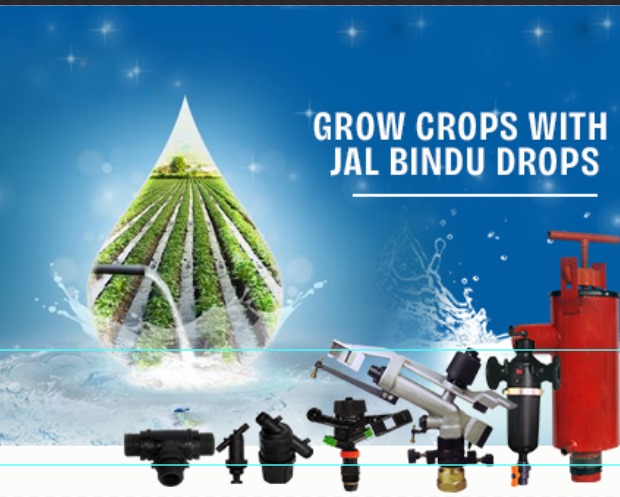Automating irrigation systems in agriculture can bring several benefits:
- Water Efficiency: Automation allows precise control over the amount of water used for irrigation, reducing wastage. Sensors can measure soil moisture levels and weather conditions to adjust watering schedules accordingly, ensuring that crops receive just the right amount of water they need.
- Labor Savings: Automated irrigation systems reduce the need for manual labor associated with traditional irrigation methods such as moving hoses or opening valves. This frees up labor resources for other farm tasks, leading to cost savings and increased productivity.
- Time Savings: Farmers can schedule irrigation activities to occur at optimal times, even during non-working hours, without the need for constant monitoring. This saves time and allows farmers to focus on other aspects of farm management.
- Improved Crop Health and Yield: By providing crops with consistent and timely watering, automated irrigation systems help maintain optimal growing conditions. This can result in healthier plants, reduced stress, and ultimately higher yields.
- Data-driven Decision Making: Many automated systems come with sensors and monitoring capabilities that provide real-time data on soil moisture, weather conditions, and other relevant parameters. This data allows farmers to make informed decisions about irrigation scheduling, crop management, and resource allocation.
- Reduced Risk of Overwatering or Underwatering: Automated systems can adjust watering schedules based on actual environmental conditions, reducing the risk of overwatering or underwatering crops. This helps prevent waterlogging, soil erosion, and nutrient leaching while ensuring that plants receive adequate moisture for optimal growth.
- Energy Savings: Some automated irrigation systems are designed to be more energy-efficient than traditional methods, using features such as variable frequency drives and energy-efficient pumps. This can lead to cost savings and reduce the environmental impact of irrigation operations.
- Scalability and Flexibility: Automated irrigation systems can be designed to scale with the size of the farm and the specific needs of different crops. They can also be easily reconfigured or expanded as needed, providing flexibility to adapt to changing growing conditions or farm layouts.
Overall, automating irrigation systems in agriculture offers numerous benefits, including improved water efficiency, labor and time savings, enhanced crop health and yield, data-driven decision making, reduced risk, energy savings, and scalability. These advantages can contribute to more sustainable and profitable farming practices.

